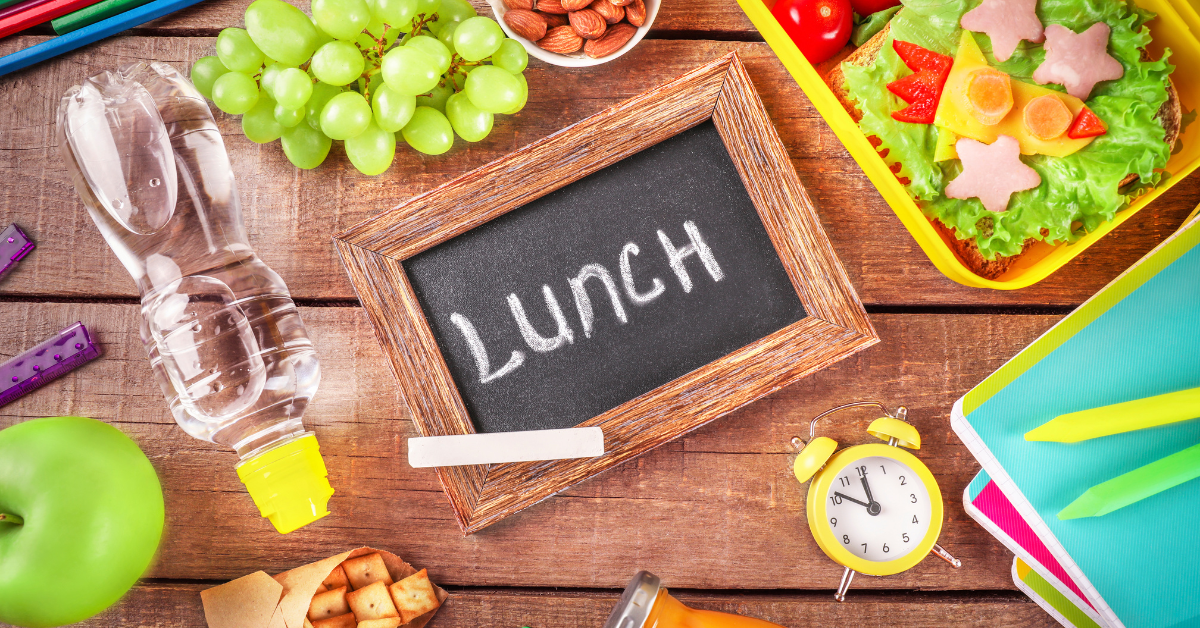School lunches in Japan are an important part of children’s education, as they share meals and learn together. However, for Muslim children, whether meals are halal-compliant is a major challenge. This article introduces specific solutions that schools and families can take, providing insights into creating an environment where children can learn and eat without worry.
What Is the School Lunch Problem for Muslim Children?
Japanese school lunches may contain pork or seasonings that include alcohol, which are prohibited for Muslim families. The issue is not only about ingredients but also the fact that cooking utensils and tableware are often shared with non-halal items.
Specific challenges include:
- Dishes containing pork or pork-derived gelatin
- Seasonings with alcohol (such as mirin, cooking sake, or certain soy sauces)
- Shared cooking utensils that make it difficult to guarantee halal compliance
For these reasons, the issue goes beyond daily meals. It becomes a matter involving the child, the family, and the school.
When Schools Provide Halal Options
If a school introduces halal options, Muslim children can eat lunch with peace of mind. However, this requires careful planning and preparation.
- Use halal-certified meat instead of pork or non-halal meats
- Prepare separate cooking utensils and tableware to prevent contamination
- Utilize municipal subsidies where available to cover additional costs
Benefits and Challenges of Halal Lunch Options
| Benefits | Challenges |
|---|---|
| Muslim children can join school lunches safely | Increased cost for schools |
| Promotes multicultural understanding | Difficulty in sourcing certified ingredients in some regions |
| Enhances international awareness in schools | Extra burden on cooking staff |
Choosing Not to Eat School Lunch
When halal options are difficult for schools to provide, families can take independent measures.
- Bring a homemade lunch that follows halal rules
- Attend a Muslim-friendly or international school where dietary needs are respected
Comparison Between Lunch Options
| Option | Advantages | Considerations |
|---|---|---|
| School Lunch | Balanced meals designed by nutritionists | May not be halal-compliant |
| Homemade Lunch | Can follow religious rules | Extra burden on parents |
| Muslim-Friendly Schools | Fully respects religious practices | Higher tuition and longer commutes |
If a child brings their own lunch, it is important that schools ensure the child does not feel isolated or excluded from peers.
The Importance of Cooperation Between Schools and Families
To solve this issue, mutual cooperation between families and schools is essential.
Practical steps include:
- Sharing the school menu in advance, so families can check ingredients
- Offering alternative dishes when non-halal items are served
- Incorporating lessons about food culture so classmates can understand dietary diversity
Such measures not only help Muslim children but also benefit children with allergies or vegetarian diets. Ultimately, the school becomes a place that respects diversity.
The Role of Local Communities
The lunch issue cannot be solved by families and schools alone. Community involvement is also important.
Examples of Community Initiatives
| Initiative | Impact |
|---|---|
| Municipal subsidies and consultation services | Eases the burden on schools and promotes halal options |
| Local supermarkets offering halal-certified foods | Makes sourcing ingredients easier |
| Muslim family networks | Provides support and information sharing |
By expanding such initiatives, the responsibility does not fall only on individual families. Instead, society as a whole supports the children.
International Comparisons
In other countries, where multiculturalism is more established, school lunch programs are more advanced. The difference between Japan and overseas is clear.
Examples from Abroad
| Country/Region | Situation |
|---|---|
| United Kingdom | Halal options available in public schools |
| Malaysia | All school meals follow halal standards |
| Japan | Partial efforts by some municipalities or private schools |
Japan is still in the early stages of this effort, but learning from international models can help improve the situation.
Practical Tips for Parents
Parents themselves can also take steps to reduce their children’s burden.
Helpful Strategies for Parents
| Strategy | Effect |
|---|---|
| Discuss with the school early | Prevents misunderstandings and conflicts |
| Teach children about halal rules | Helps them make their own informed choices |
| Connect with local Muslim organizations | Provides support and resources |
Above all, early communication with the school is the most effective step toward ensuring a safe environment for the child.
Conclusion
The issue of school lunches for Muslim children is not just about food. It is about balancing faith and education.
- Introducing halal-compliant lunches
→ Using certified ingredients, separate utensils, and local subsidies. - Choosing not to eat school lunches
→ Bringing a packed lunch or attending a Muslim-friendly school. - Cooperation between families and schools is essential
→ To ensure children can study and grow in an inclusive environment.
The most important priority is that children can attend school without worry. For this, families, schools, and communities must cooperate, respecting cultural and religious diversity.






